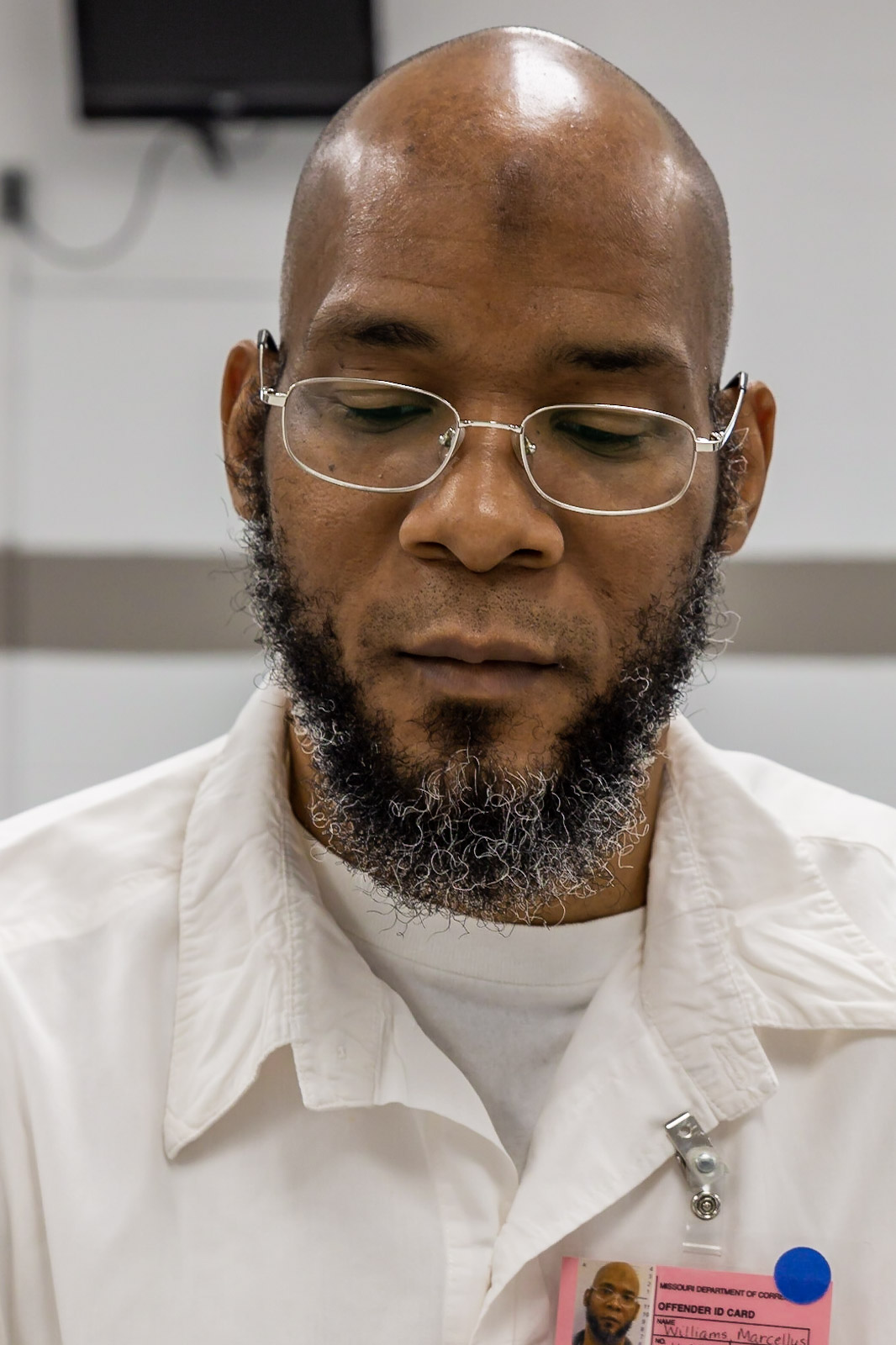In a shocking turn of events, Matthew Jacober, a special counsel representing the county’s elected prosecutor, stood before a judge in a packed courtroom to confess a grave error made by the prosecution team in the case of Marcellus Williams. The knife used to kill Felicia Anne Gayle Picus had been mishandled and contaminated, rendering it unusable as evidence. County prosecutor Wesley Bell concluded that Williams’s rights had been violated, and his conviction and death sentence could not stand. This revelation came on the day that Jacober was supposed to present the state’s case against Williams.
The mishandling of the murder weapon was a bitter pill to swallow for Williams, as he had been denied DNA testing before his 2001 trial. It wasn’t until 2016 that testing ordered by the Missouri Supreme Court excluded Williams as the source of DNA found on the knife. However, a new round of testing revealed that a prosecutor’s investigator and the prosecutor who handled Williams’s trial could not be excluded as the source of the unknown male DNA found on the weapon. With the DNA evidence lost, Williams’s exoneration seemed unlikely.
Despite the lack of concrete evidence, the county prosecutors offered Williams a deal to avoid execution. He would have to accept a plea that would replace the death penalty with a sentence of life without the possibility of parole. Williams, wearing traditional attire, agreed to the terms, and the judge, along with Picus’s husband, supported the outcome. The judge would formally re-sentence Williams to life in prison the following day.
However, Missouri Attorney General Andrew Bailey disagreed with the agreement and successfully appealed to the state’s Supreme Court to block it. Bell’s office was determined not to let Bailey have the final word. The case took an unexpected twist when Jacober announced that the state had mishandled the murder weapon to the point where it was no longer probative of Williams’s innocence or anyone else’s guilt. The DNA evidence was lost, leaving behind only the questionable testimony of two informants, both of whom had since died.
In exchange for taking the death penalty off the table, Williams would enter an Alford plea, maintaining his innocence but accepting a charge of first-degree murder. He would have the right to appeal his sentence if new evidence of his innocence emerged. Williams’s lawyer and executive director of the Midwest Innocence Project, Tricia Rojo Bushnell, emphasized that the DNA on the knife matched members of the trial prosecution team, proving the state’s mishandling of evidence.
The attorney general’s office objected to the agreement, but the judge overruled it. Bailey then appealed to the state’s high court to intervene. Bailey has a history of attempting to prevent the exoneration of the wrongly convicted. Last month, the court denied his motion to scuttle the hearing and clear the way for Williams’s execution. However, the attorney general’s office continued to argue against the agreement, leading to a court order requiring the judge to hold the innocence hearing as planned and issue a ruling by September 13.
Despite the lack of definitive DNA evidence, the hearing is set to proceed. Bell’s office intends to demonstrate that Williams’s case is too flawed to withstand scrutiny. Rojo Bushnell expressed confidence that the evidence presented at the hearing would affirm the prosecutor’s confession of constitutional error and support the decision to overturn Williams’s death sentence. She criticized the attorney general’s interference, stating that it contradicted the will of the elected prosecutor, the community, and the wishes of Picus’s family.


